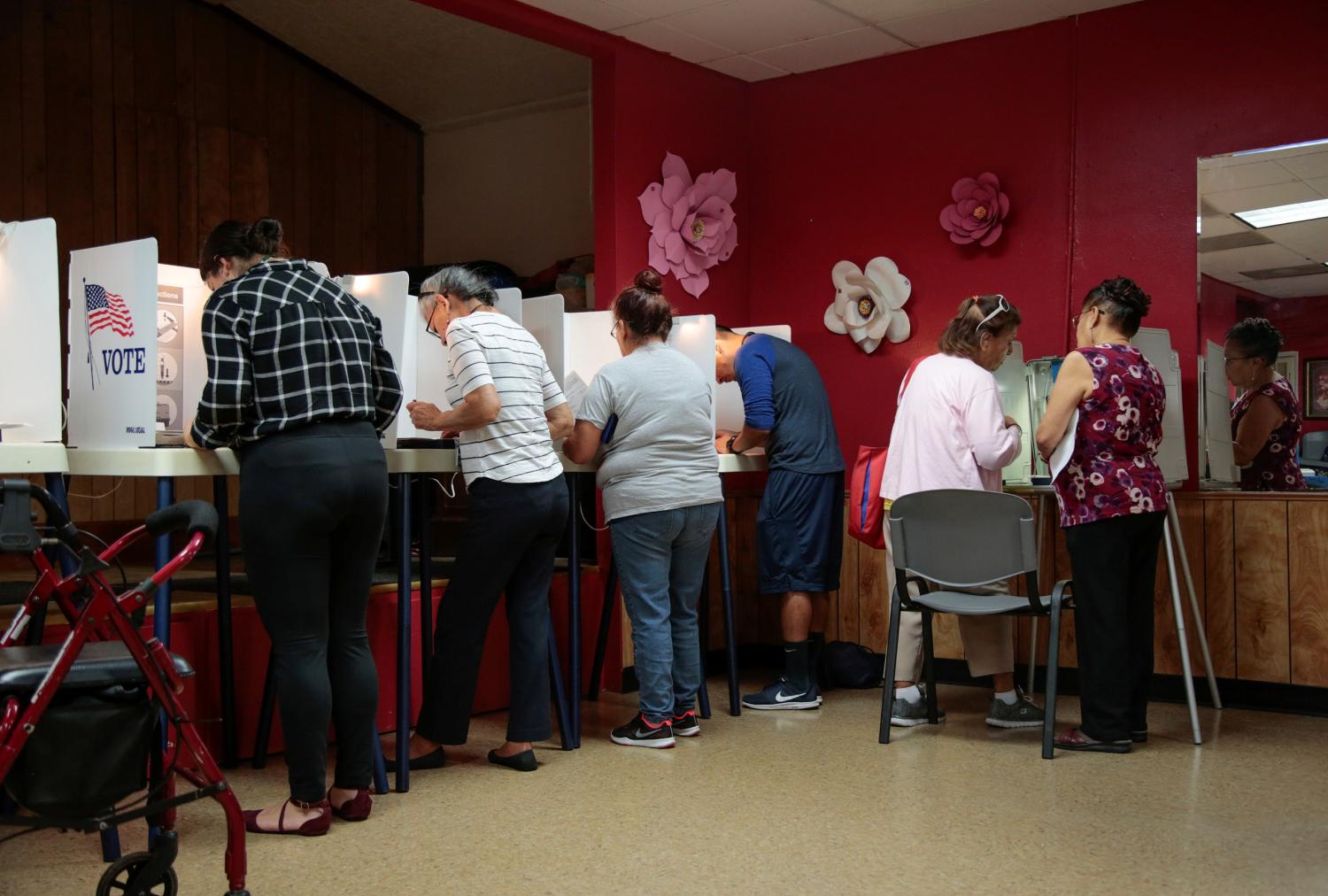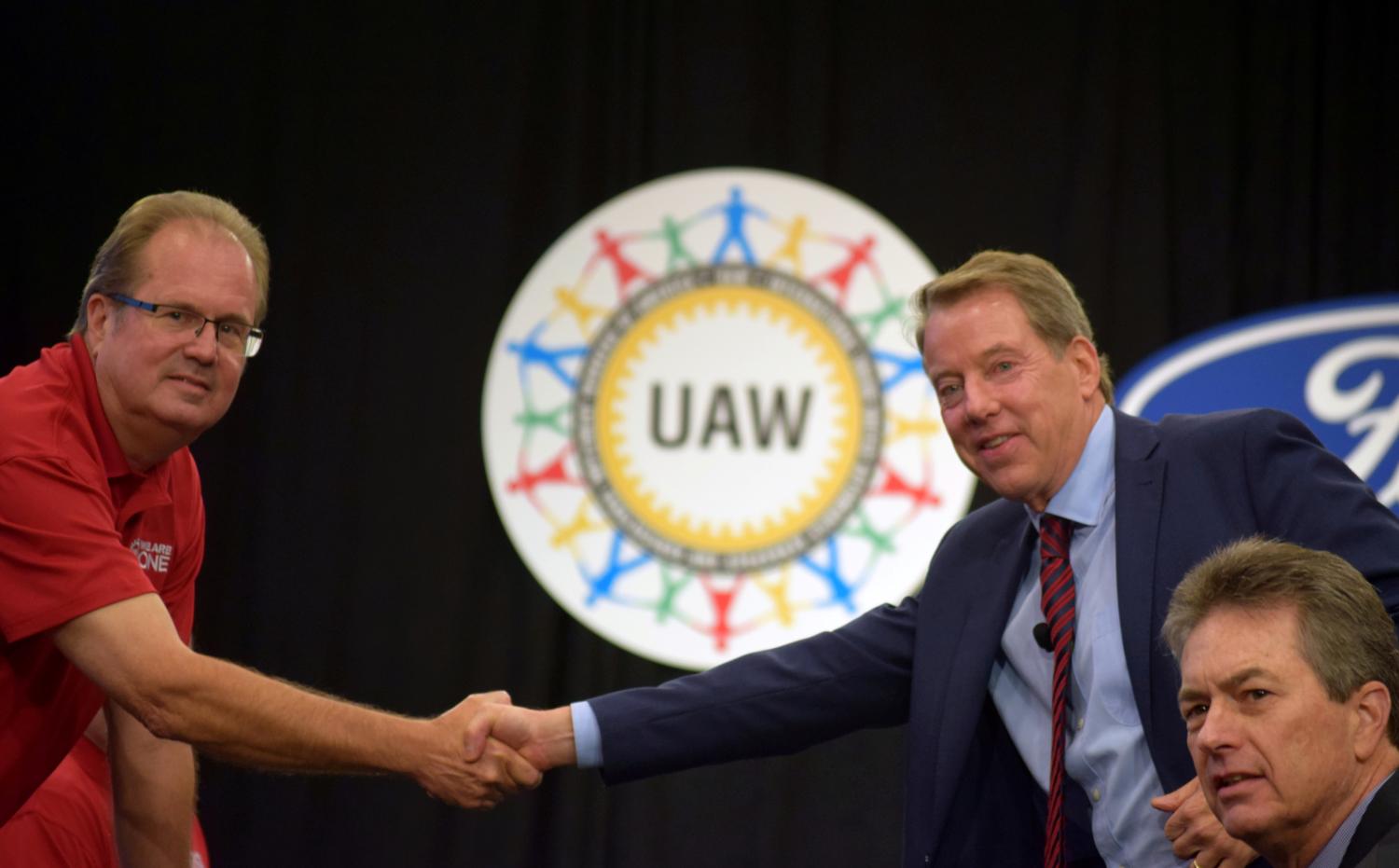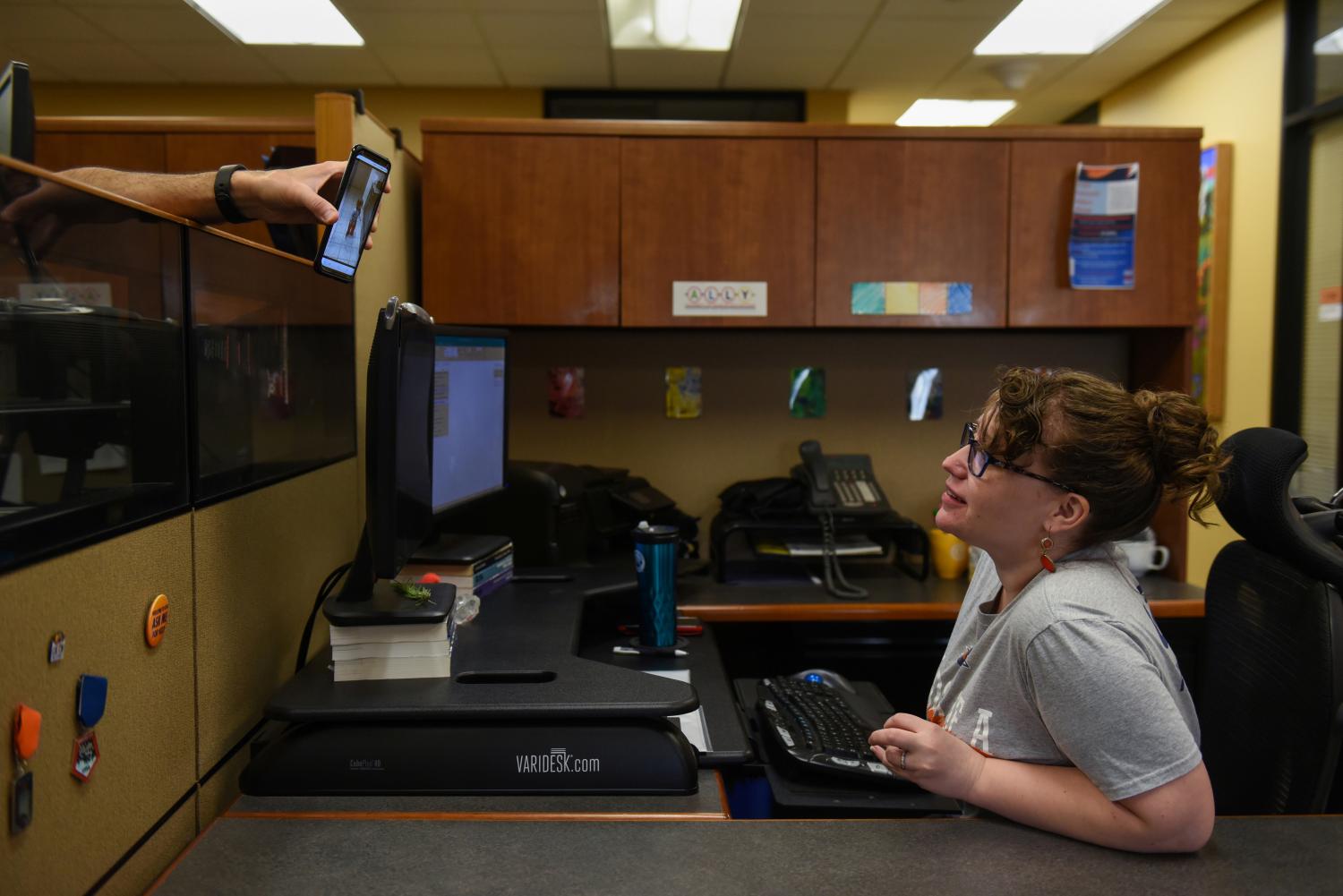Brookings experts were busy in August with research and commentary on a wide range of policy issues. Here’s a sample.
1. Only about a third of Americans aRE very worried about foreign interference in US elections
In a Brookings Institution poll of Americans about election security, 34% said that foreign interference in US elections is “very much” a threat, while 23% responded “somewhat,” about a fourth said “not very much,” and the rest were unsure. Darrell West, vice president and director of Governance Studies at Brookings, who oversaw the poll, writes that “Concern about foreign interference is moving a number of people to say they are more likely to vote in 2020.”
2. China and Russia are leaders in developing and exporting tech tools for authoritarian rule
Alina Polyakova and Chris Meserole examine the Chinese and Russian models of “digital authoritarianism”—the development and export of digital IT to surveil, repress, and manipulate foreign and domestic populations. Their recommendations for what the U.S. and other democracies should do to address this phenomenon include tightening export controls on key technologies, sanction regimes and firms that traffic in digital authoritarianism, and “increase public awareness around information manipulation, including funding educational programs to build digital critical thinking skills among youth.”
3. A majority of Brazilians opposes deforestation of the Amazon
In a recent episode of “The Current” podcast, Otaviano Canuto comments on the recent increase in fires in the Amazon region, home to 23 million people—45% of whom are below the poverty line. He says while there is “no widespread popular basis to what’s happening in the region,” attention must be paid to ongoing efforts to sustainably use the Amazon’s natural resources, including good forest management, sustainable mining, and use of hydroelectric power.
4. Private sector union membership has been declining, with significant consequences
In a new report from The Hamilton Project at Brookings, researchers observe that most of the decline in union membership has been concentrated in the private sector—today only 6.4% of private sector workers belong to a union. “The decline in union membership is economically important,” the authors write, as “unions lift wages, reduce inequality, and shape how work is organized, among other effects.”
5. Access to parks provides many benefits, but is unequal across the US
Joseph Kane and Adie Tomer write that “Park access should be a driver of more livable and equitable communities across the country, supporting common spaces for recreation, interaction, and trust.” However, the share of residents in many large metro areas—especially in the southeast—living near a park is less than a third. Kane and Tomer add that “parks can only reach their peak potential if every household can access such green space, and that access shouldn’t be tied to a private vehicle or an unreasonable walking distance.”
6. Women are the primary earner in 40 percent of middle-class families
Richard Reeves and Ashley Schobert examine how women’s wages have changed in recent decades. In 1975, for example, women were the main breadwinner in 26% of middle class families, but are at 40% now. But, women—and their families—pay a price if they become mothers. Reeves and Schobert argue that limited (or non-existent) paid leave, childcare, and flexible work policies in the U.S. means that “The economy is missing out on the full value of the skills of millions of mothers.”
7. The trans-Atlantic relationship is bad, with failures on both sides
In a new essay, Constanze Stelzenmüller examines the state of U.S.-Europe relations in the context of great power relations and competition. She finds that while the Trump administration has made its “distaste” for the European Union “plain,” the challenges faced by European countries—including the eurozone crisis, Russia’s aggression, migration pressures, and populism’s rise—were not caused by Trump. Although a major crisis has yet to erupt, the “calm … is deceptive and unlikely to last.”
8. In Africa, taxing mobile phone transactions may harm financial inclusion
In Kenya and other sub-Saharan Africa countries, the widespread use of mobile phones for transactions and financial services has increased financial inclusion. However, as Njuguna Ndung’u explains, increasing taxes on these transactions and mobile airtime “may not expand the tax base significantly but, rather, may reverse the gains on retail electronic payments and financial inclusion.”
9. Metro areas must engage globally to succeed
Experts from the Metropolitan Policy Program’s Global Cities Initiative observe that despite tariffs and trade wars, “metro areas must remain committed to sustained global engagement” to advance growth and prosperity. “The evidence is clear, they write, “that greater exports and foreign investment are beneficial to firms, workers, and metro economies. Every region can—and must—be global in its orientation to take advantage of these trends, rather than be taken advantage of.”
10. A majority of Americans favors gun regulations
William Galston and Clara Hendrickson present eight facts about public sentiment on gun violence and regulation. While views about the causes of gun-related violence range from mental health problems to easy access to firearms, strong majorities across multiple polls favor measures to regulate the sale and possession of guns. However, they write, while “substantial numbers of Americans believe that federal legislation would make a difference, they are dubious (if not downright cynical) that Congress will enact it.”
The Brookings Institution is committed to quality, independence, and impact.
We are supported by a diverse array of funders. In line with our values and policies, each Brookings publication represents the sole views of its author(s).












Commentary
10 things we learned at Brookings in August
August 30, 2019